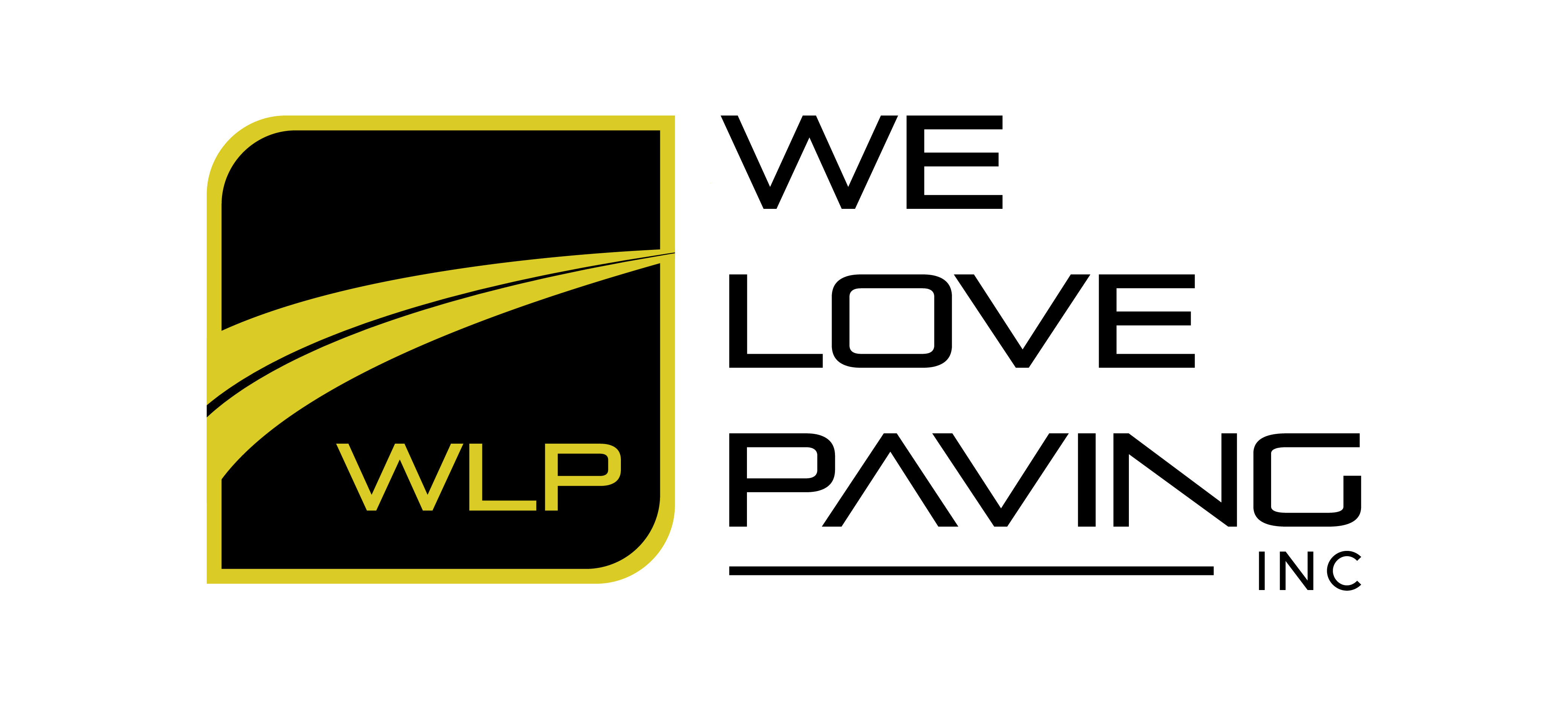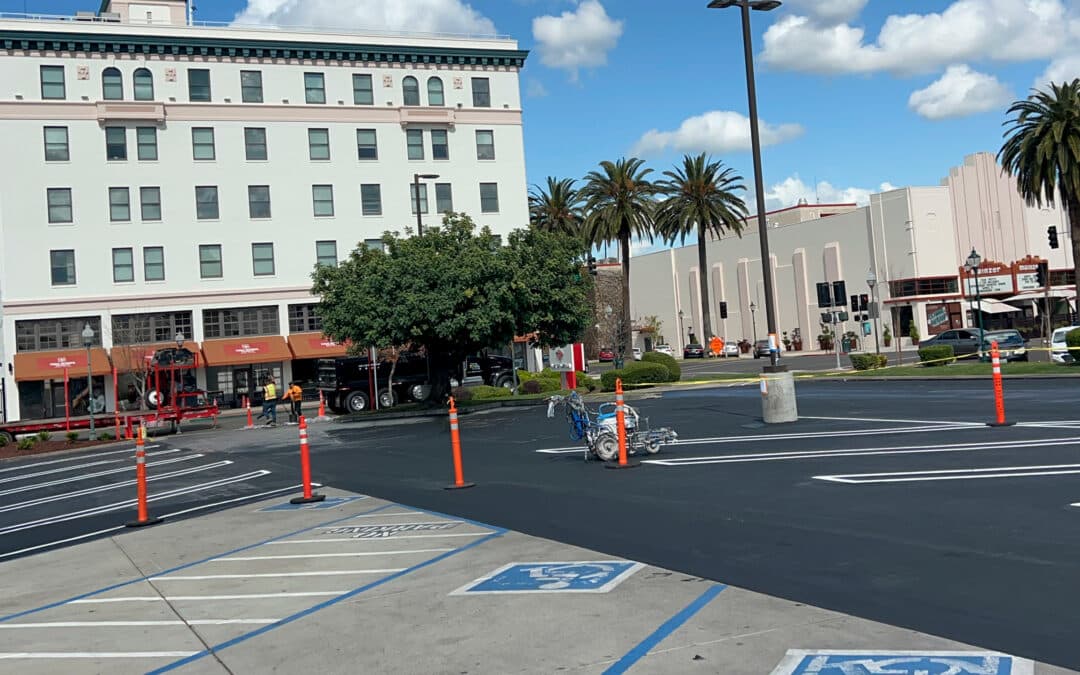Accessibility is a fundamental aspect of creating inclusive and welcoming spaces for everyone, regardless of their physical abilities. In Sacramento, California, ensuring compliance with the Americans with Disabilities Act (ADA) is essential for public buildings, facilities, and spaces. But does Sacramento have its own ADA law, and what does it entail? In this comprehensive guide, we’ll explore the ADA requirements in Sacramento, the importance of compliance, and how businesses and property owners can ensure accessibility for all.
Understanding the Americans with Disabilities Act (ADA)
The Americans with Disabilities Act (ADA) is a federal civil rights law enacted in 1990 to prohibit discrimination against individuals with disabilities in all areas of public life. The ADA mandates equal access to employment opportunities, public accommodations, transportation, state and local government services, and telecommunications for people with disabilities.
ADA Requirements in Sacramento
While the ADA is a federal law that applies nationwide, local jurisdictions such as Sacramento may have additional regulations or ordinances to ensure compliance with ADA standards. In Sacramento, businesses, property owners, and local government entities are required to adhere to ADA requirements to ensure accessibility for individuals with disabilities.
Importance of ADA Compliance
Compliance with ADA standards is essential for several reasons:
- Legal Obligation: Failure to comply with ADA requirements can result in legal consequences, including lawsuits, fines, and penalties. Businesses and property owners in Sacramento must ensure that their facilities and services are accessible to individuals with disabilities to avoid legal liabilities.
- Inclusivity: Ensuring accessibility promotes inclusivity and diversity, allowing individuals with disabilities to fully participate in public life, access employment opportunities, and enjoy public accommodations and services.
- Customer Satisfaction: Providing accessible facilities and services enhances the customer experience and satisfaction, leading to positive relationships with customers and patrons.
ADA Requirements for Businesses and Property Owners
Businesses and property owners in Sacramento must adhere to various ADA requirements to ensure accessibility for individuals with disabilities. Some key considerations include:
- Physical Accessibility: Ensuring that buildings, facilities, and public spaces are accessible to individuals with mobility impairments, including wheelchair users. This may involve providing accessible entrances, ramps, elevators, and designated parking spaces.
- Communication Accessibility: Ensuring that communication with individuals who are deaf or hard of hearing is accessible, such as providing sign language interpreters, captioning services, and accessible communication devices.
- Accessible Facilities: Ensuring that restrooms, meeting rooms, seating areas, and other facilities are accessible to individuals with disabilities, including those with vision or hearing impairments.
- Accessibility Standards: Adhering to specific ADA standards and guidelines for accessibility, including those outlined in the ADA Accessibility Guidelines (ADAAG) and the ADA Standards for Accessible Design.
Steps to Achieve ADA Compliance
Achieving ADA compliance requires a proactive approach and ongoing commitment to accessibility. Some steps that businesses and property owners in Sacramento can take to ensure compliance include:
- Conducting Accessibility Audits: Assessing existing facilities and services to identify barriers to accessibility and areas for improvement.
- Implementing Accessibility Improvements: Making necessary modifications and upgrades to ensure compliance with ADA requirements, such as installing ramps, widening doorways, adding accessible signage, and providing alternative formats for information.
- Training Staff: Providing training and education to staff members on ADA requirements and best practices for serving individuals with disabilities.
- Seeking Professional Guidance: Consulting with accessibility experts, architects, and ADA consultants to ensure that facilities and services meet ADA standards and guidelines.
- Engaging with the Community: Seeking input and feedback from individuals with disabilities and disability advocacy organizations to identify accessibility needs and priorities.
Benefits of ADA Compliance
Ensuring ADA compliance offers numerous benefits for businesses, property owners, and the community as a whole:
- Legal Protection: Compliance with ADA requirements helps protect businesses and property owners from legal liabilities and ensures that they are meeting their legal obligations under federal and local laws.
- Positive Reputation: Demonstrating a commitment to accessibility enhances the reputation of businesses and property owners, attracting customers, tenants, and patrons who value inclusivity and diversity.
- Market Advantage: Accessible facilities and services can give businesses and property owners a competitive edge in the market, appealing to a broader customer base and meeting the needs of individuals with disabilities.
- Community Engagement: Investing in accessibility fosters positive relationships with the community and demonstrates a commitment to social responsibility and inclusion.
Resources for ADA Compliance
Businesses and property owners in Sacramento can access various resources and support services to help achieve ADA compliance, including:
- Local Government Services: Sacramento City Hall and other local government agencies offer information, guidance, and support for businesses and property owners seeking to achieve ADA compliance.
- Disability Advocacy Organizations: Organizations such as the Disability Rights California and the Sacramento Independent Living Resource Center provide resources, training, and advocacy for individuals with disabilities and businesses seeking to improve accessibility.
- Professional Consultants: Accessibility consultants, architects, and ADA specialists can provide expert guidance and assistance to businesses and property owners seeking to achieve ADA compliance.
Conclusion
Ensuring ADA compliance is essential for businesses, property owners, and local government entities in Sacramento to create accessible, inclusive, and welcoming spaces for individuals with disabilities. By adhering to ADA requirements, businesses and property owners can avoid legal liabilities, enhance customer satisfaction, and demonstrate a commitment to diversity

